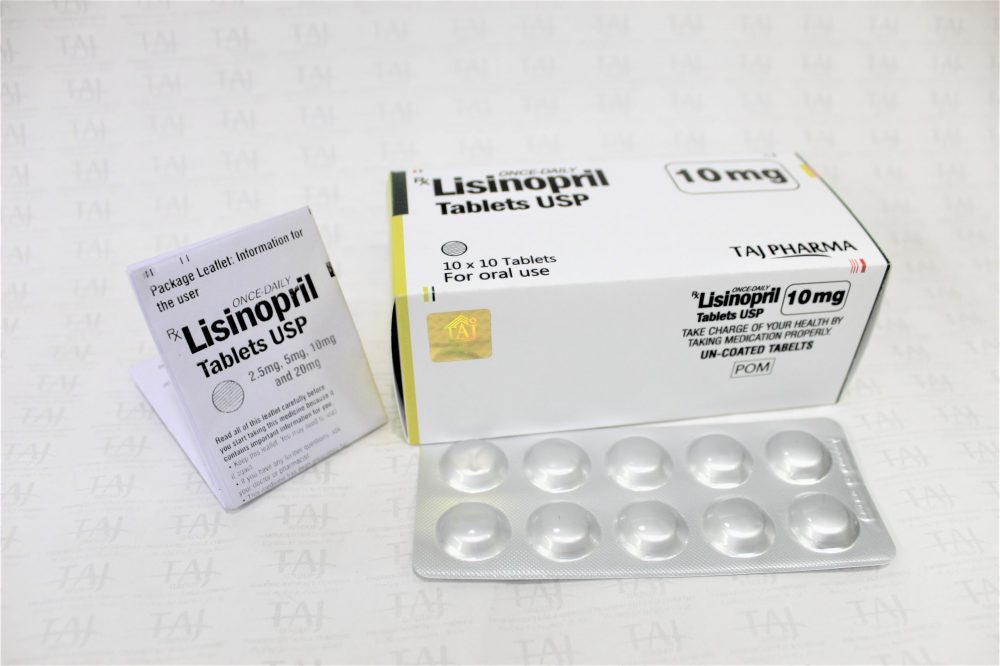

Lisinopril is a commonly prescribed medication used to manage hypertension (high blood pressure) and heart failure. It belongs to a class of drugs known as ACE inhibitors, which work by relaxing blood vessels to allow for smoother blood flow and reduced strain on the heart. By lowering blood pressure, Lisinopril helps decrease the risk of heart attacks, strokes, and other cardiovascular complications associated with hypertension. Additionally, Lisinopril may be prescribed to improve survival rates and symptoms in individuals with heart failure, a condition where the heart is unable to pump blood effectively.
One of the key benefits of Lisinopril is its effectiveness in controlling blood pressure with once-daily dosing, making it convenient for patients to adhere to their treatment regimen. It can be taken with or without food, although consistency in timing is important for optimal results. However, like any medication, Lisinopril may cause side effects such as dizziness, cough, or allergic reactions in some individuals. It’s essential for patients to communicate any concerns or adverse reactions to their healthcare provider. Overall, Lisinopril plays a crucial role in managing hypertension and heart failure, helping individuals maintain better cardiovascular health and overall well-being.

